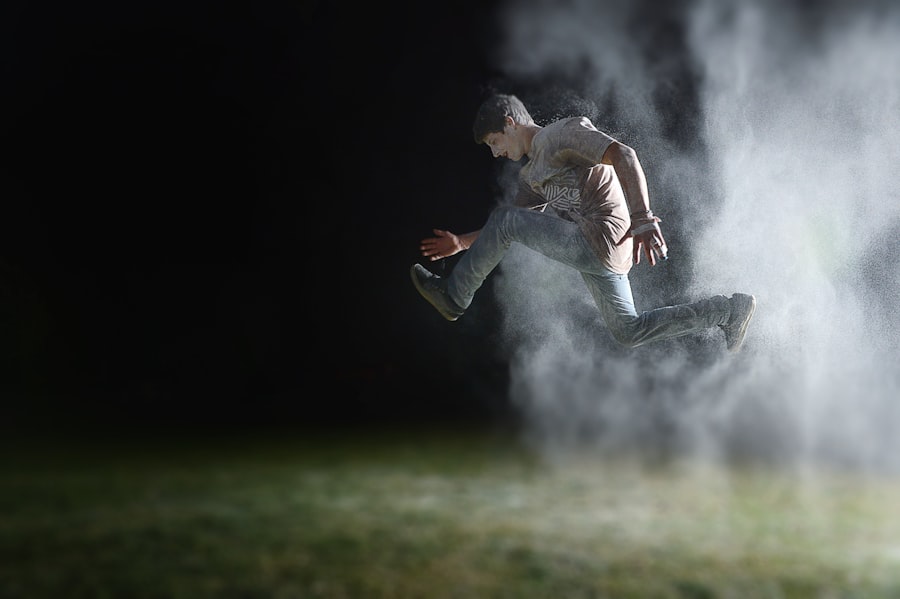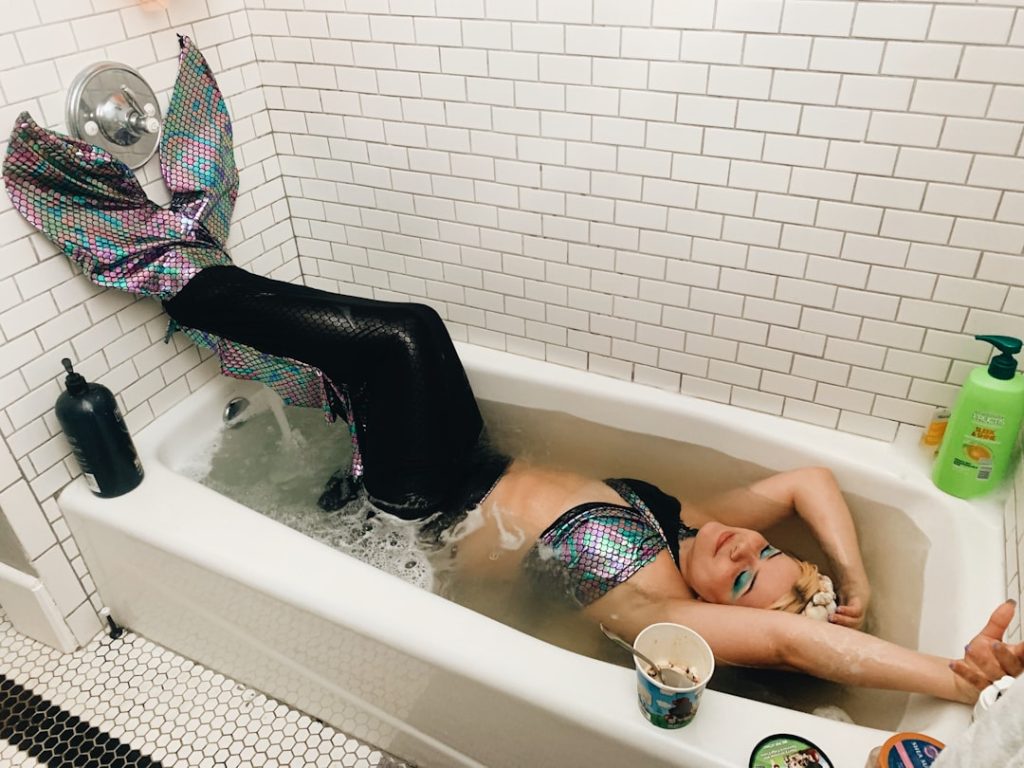Cleanliness is crucial for chicken health and welfare. A clean environment helps prevent diseases and parasites, leading to healthier chickens that produce better quality eggs and meat. Cleanliness also contributes to the birds’ comfort and contentment.
Chickens are prone to various health issues, including mites, lice, and other parasites that flourish in unsanitary conditions. These pests can cause irritation, stress, and anemia in chickens, resulting in reduced egg production and poor overall health. Dirty feathers can become matted and soiled, hindering chickens’ ability to regulate body temperature and causing discomfort and stress.
Prioritizing cleanliness is essential to prevent these problems. Cleanliness also affects chickens’ mental well-being. A clean environment fosters a sense of security and comfort, reducing stress and promoting overall happiness.
This is particularly important in flocks, as stress and discomfort can lead to aggressive behavior and pecking among birds. Maintaining cleanliness for chickens is vital for their physical health, mental well-being, and productivity.
Table of Contents
Key Takeaways
- Cleanliness is crucial for the health and well-being of chickens, as it helps prevent the spread of diseases and parasites.
- Chickens have natural grooming behaviors, such as dust bathing and feather preening, that help them maintain cleanliness.
- Dust bathing is an important method of cleaning for chickens, as it helps remove excess oil and dirt from their feathers.
- Feather preening helps chickens distribute oil from their preen gland, which helps keep their feathers healthy and water-resistant.
- A balanced diet is essential for maintaining cleanliness in chickens, as it supports healthy feather growth and oil production.
- A clean coop environment is important for the overall cleanliness and health of chickens, as it reduces the risk of disease and infestations.
- Poor cleanliness in chickens can lead to potential health issues, such as mites, lice, and respiratory infections, which can impact their overall well-being.
Natural grooming behaviors of chickens
Dust Bathing: A Natural Cleaning Process
One of the most common grooming behaviors observed in chickens is dust bathing. This natural behavior involves the chicken finding a dry, dusty area and vigorously flapping and rolling around in the dust. This action helps to remove excess oils, dirt, and parasites from the feathers, promoting cleanliness and overall health.
Feather Preening: A Crucial Grooming Behavior
In addition to dust bathing, chickens also engage in feather preening as a means of grooming. Preening involves the chicken using its beak to clean and arrange its feathers, removing dirt and debris while distributing natural oils throughout the plumage. This behavior not only helps to keep the feathers clean and in good condition but also plays a role in regulating body temperature and waterproofing the feathers.
The Importance of Grooming in Chicken Health
Overall, chickens have evolved natural grooming behaviors that are essential for maintaining cleanliness and overall health. These behaviors not only help to keep the birds free from dirt and parasites but also play a role in regulating body temperature and promoting comfort.
Dust bathing as a method of cleaning

Dust bathing is a crucial method of cleaning for chickens, as it helps to remove excess oils, dirt, and parasites from the feathers. Chickens instinctively seek out dry, dusty areas in which to engage in this behavior. They will vigorously flap their wings and roll around in the dust, ensuring that it penetrates their feathers and reaches their skin.
This action helps to absorb excess oils and remove dirt and debris from the feathers, promoting cleanliness and overall health. Dust bathing also plays a role in controlling parasites such as mites and lice. The abrasive action of the dust helps to dislodge these pests from the feathers, reducing infestations and preventing discomfort and irritation for the birds.
Additionally, the dry nature of the dust helps to create an inhospitable environment for parasites, further reducing their prevalence in the flock. Overall, dust bathing is an essential method of cleaning for chickens. It not only helps to keep the feathers clean and free from parasites but also promotes overall health and well-being for the birds.
Feather preening and oil distribution
Feather preening is another important grooming behavior that chickens engage in to maintain cleanliness. This behavior involves the chicken using its beak to clean and arrange its feathers, removing dirt and debris while distributing natural oils throughout the plumage. The natural oils produced by the preen gland at the base of the chicken’s tail are essential for keeping the feathers in good condition, as they help to repel water and maintain insulation.
Preening also plays a role in regulating body temperature for chickens. By distributing natural oils throughout the feathers, chickens are able to create a waterproof barrier that helps to keep them dry and warm in inclement weather. Additionally, preening helps to keep the feathers aligned and in good condition, ensuring that they are able to effectively regulate body temperature and provide protection from the elements.
In summary, feather preening is an essential grooming behavior that helps chickens to maintain cleanliness and overall health. By removing dirt and debris from the feathers while distributing natural oils, chickens are able to stay clean, comfortable, and well-insulated.
Role of diet in maintaining cleanliness
The diet of chickens plays a significant role in maintaining cleanliness and overall health. A balanced diet that includes essential nutrients such as protein, vitamins, and minerals is essential for promoting healthy feather growth and oil production. Protein is particularly important for feather development, as it provides the building blocks for strong, healthy feathers that are better able to repel water and maintain insulation.
In addition to protein, vitamins such as A and E play a crucial role in maintaining healthy feathers and skin. These vitamins help to promote healthy feather growth while supporting skin health, reducing the likelihood of dryness or irritation that can lead to discomfort for the birds. Minerals such as zinc and sulfur are also important for maintaining healthy feathers, as they play a role in oil production and overall feather condition.
Overall, a balanced diet that includes essential nutrients is crucial for maintaining cleanliness and overall health for chickens. By providing the necessary building blocks for healthy feathers and oil production, a proper diet helps to ensure that chickens are able to effectively groom themselves and maintain good overall hygiene.
Importance of a clean coop environment

Preventing the Buildup of Waste Material
Regular cleaning of the coop is vital for preventing the accumulation of waste material, such as droppings, which can attract flies and other pests that spread disease among the flock. Providing clean bedding material, like straw or wood shavings, can help absorb moisture and waste, keeping the coop dry and comfortable for the birds.
Preventing the Spread of Bacteria and Pathogens
Regular removal of soiled bedding material and thorough cleaning of the coop surfaces can help prevent the buildup of bacteria and pathogens that can lead to illness. This is essential for maintaining a healthy environment and preventing the spread of disease among the flock.
Promoting Cleanliness and Overall Health
By maintaining a clean coop environment, owners can promote cleanliness, comfort, and overall health for their chickens. A clean living space can help prevent illness, promote comfort, and ensure that the flock remains healthy and productive.
Poor cleanliness in chickens can lead to a variety of potential health issues that can impact their overall well-being. One common issue related to poor cleanliness is infestations of external parasites such as mites and lice. These pests thrive in dirty environments and can cause irritation, stress, anemia, and decreased egg production in chickens.
Additionally, poor cleanliness can lead to soiled feathers that make it difficult for chickens to regulate their body temperature, leading to discomfort and stress. Another potential health issue related to poor cleanliness is an increased risk of bacterial infections such as E. coli or Salmonella.
A dirty coop environment can harbor bacteria that can lead to illness in chickens, potentially causing symptoms such as diarrhea, decreased egg production, or even death in severe cases. Additionally, poor cleanliness can lead to respiratory issues such as ammonia buildup from soiled bedding material or mold spores from damp conditions. Overall, poor cleanliness in chickens can lead to a variety of potential health issues that can impact their overall well-being.
By prioritizing cleanliness in their care routine, owners can help to prevent these issues and ensure that their flock remains healthy, comfortable, and productive.
If you’re interested in learning more about keeping chickens clean, you might also want to check out this article on chicken coop interior ideas. It offers helpful tips and suggestions for creating a clean and comfortable living space for your chickens.
FAQs
What are some natural ways that chickens keep themselves clean?
Chickens use dust baths to keep themselves clean. They roll around in dry dirt or sand, which helps to remove excess oils and parasites from their feathers.
Do chickens preen themselves to keep clean?
Yes, chickens preen themselves by using their beaks to clean and arrange their feathers. This helps to remove dirt and debris from their feathers and keep them in good condition.
How often do chickens need to take dust baths to stay clean?
Chickens typically take dust baths several times a week to keep themselves clean. The frequency may vary depending on the individual chicken and environmental conditions.
Do chickens need human intervention to stay clean?
In general, chickens do not need human intervention to stay clean. They are capable of grooming themselves and using natural methods, such as dust baths, to keep clean.
What are the benefits of chickens keeping themselves clean?
Keeping clean helps chickens to maintain healthy feathers, reduce the risk of parasites, and regulate their body temperature. It also contributes to their overall well-being and comfort.
Meet Walter, the feathered-friend fanatic of Florida! Nestled in the sunshine state, Walter struts through life with his feathered companions, clucking his way to happiness. With a coop that’s fancier than a five-star hotel, he’s the Don Juan of the chicken world. When he’s not teaching his hens to do the cha-cha, you’ll find him in a heated debate with his prized rooster, Sir Clucks-a-Lot. Walter’s poultry passion is no yolk; he’s the sunny-side-up guy you never knew you needed in your flock of friends!







